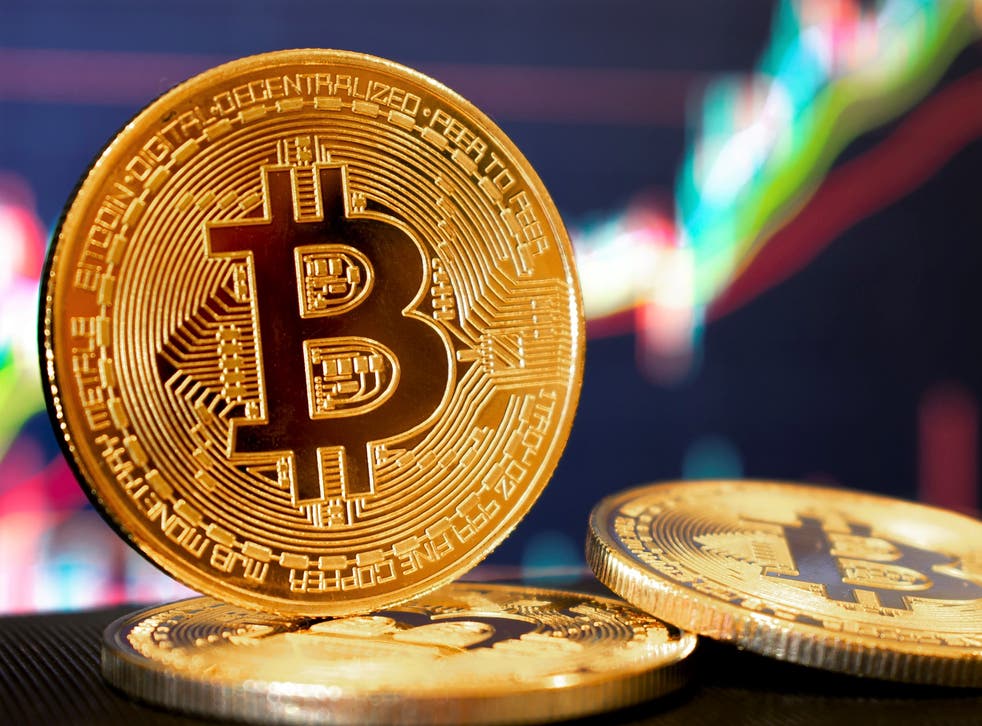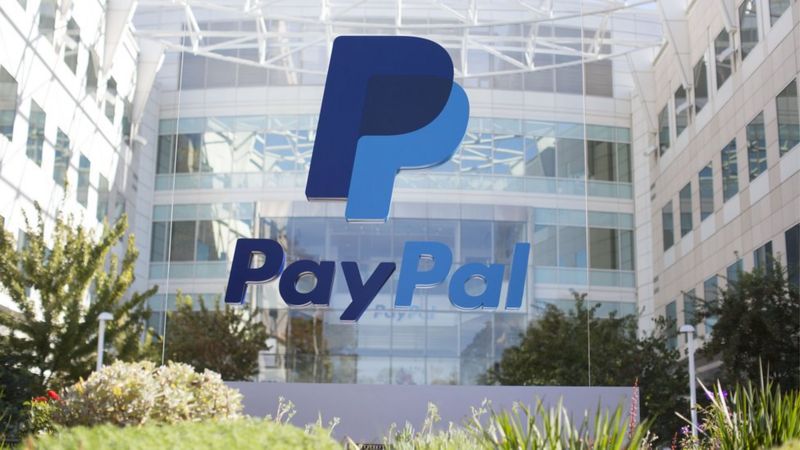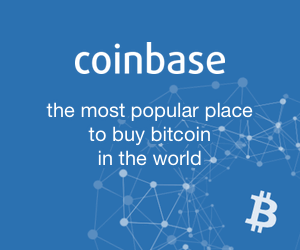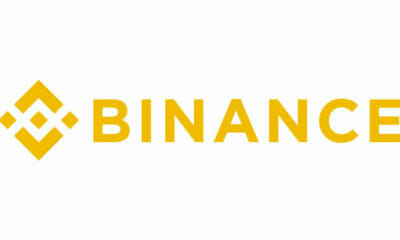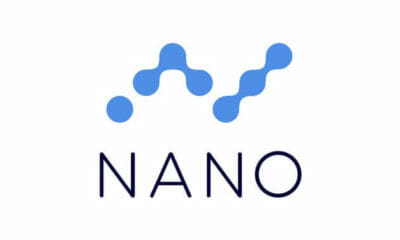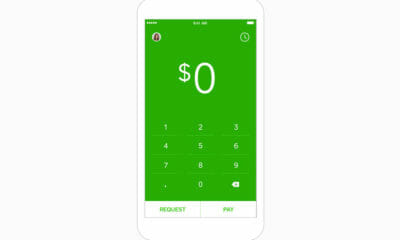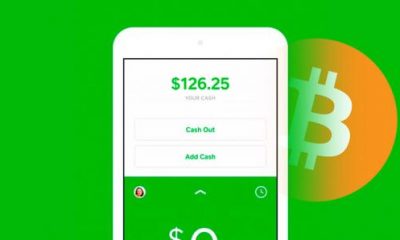1. SEC Opens Door for Banks to Hold Crypto Assets
In a significant policy shift, the U.S. Securities and Exchange Commission (SEC) has overturned previous guidance that treated digital tokens as liabilities on bank balance sheets. This change is expected to facilitate banks in offering cryptocurrency custody services without facing financial penalties, signaling a more welcoming approach to the digital asset sector under President Donald Trump’s administration.
2. Ledger Co-Founder Kidnapped in France
David Balland, co-founder of French cryptocurrency firm Ledger, was kidnapped by an armed gang demanding a €10 million ransom. During the 24-hour ordeal, Balland suffered severe injuries before being rescued by elite police forces. Ten suspects have been arrested, though the gang leaders remain at large. This incident highlights the increasing security risks faced by individuals in the cryptocurrency industry.
3. Trump’s Executive Order Boosts Crypto Market
President Donald Trump has issued an executive order titled “Strengthening American Leadership in Digital Financial Technology,” aiming to regulate and promote the cryptocurrency sector. The order establishes a Presidential Task Force on Digital Asset Markets to develop a federal framework for digital asset trading and explore creating a national reserve of digital assets. This move is seen as a significant shift toward a more crypto-friendly regulatory environment.
4. Andreessen Horowitz Refocuses Crypto Investments to U.S.
Venture capital firm Andreessen Horowitz is closing its London office and pulling back from UK crypto investments, refocusing on the U.S. market following President Trump’s election. The firm cited the new administration’s supportive stance on crypto as a reason for the shift. Founders Marc Andreessen and Ben Horowitz are advising Trump on technology policy, aligning with his administration’s approach to light-touch crypto regulation.
5. Market Reaction to Trump’s Crypto Policies
The cryptocurrency market experienced a dip following President Trump’s initial policy decisions, which included the creation of a task force to propose new crypto regulations and consider a U.S. cryptocurrency reserve. Bitcoin steadied at around $105,000, reflecting a tempered response to potential regulatory changes. Additionally, Trump-related cryptocurrencies like the $TRUMP token saw a significant drop in value, raising ethical concerns and prompting inquiries from Democratic lawmakers.
Closing Summary
The past 48 hours have seen significant developments in the cryptocurrency landscape, driven largely by policy shifts under President Trump’s administration. While regulatory changes signal a more crypto-friendly environment, the market’s response has been mixed, with notable fluctuations in asset values. Security concerns have also come to the forefront, underscoring the need for vigilance in this evolving sector.









